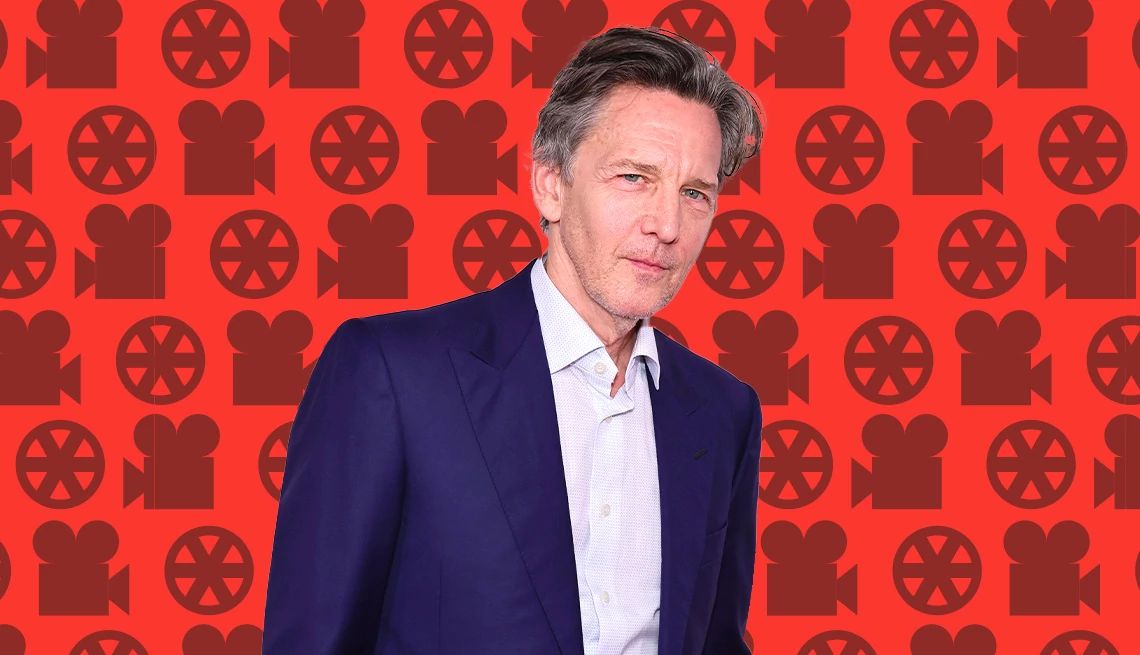AARP Hearing Center


Four decades ago, Andrew McCarthy, 61, got famous overnight as part of the ’80s Brat Pack, along with actors Emilio Estevez, 62, Demi Moore, 61, Molly Ringwald, 56, Rob Lowe, 60, and Ally Sheedy, 62. In hits like The Breakfast Club, Pretty in Pink and St. Elmo’s Fire (sometimes called “the Gen X Big Chill”), they defined their cultural moment and endured as youth icons. Now 61 and a distinguished author and director, McCarthy still has in his closet clothes and skinny ties he donned in those movies. He hasn’t worn them in years, nor seen much of the Pack. But in his wise, sweet, funny new documentary Brats (on Hulu June 13), he tracked down his costars and talked about old times. He told AARP what he thinks now, looking back.
This interview has been edited for length and clarity.
In Brats, you interview New York Magazine writer David Blum, 68, whose article dubbed you “the Brat Pack.” Why did it stick?
It was an iconically snarky article — and that phrase was such a good, witty, snarky phrase. It was supposed to be an article about how Emilio Estevez was becoming the next Orson Welles, writing, directing and starring in movies at 23. And then it blew up [to include them all].
How did you feel about it?
I felt like we were standing on the beach and got slammed with a wave. It was a really pejorative term used to slap us down, like — these punks think they’re taking over Hollywood? Not so fast!
You reunite with Rob Lowe in the film. How did Lowe feel about being branded as a brat?
He was one of the first to realize, yeah, the movie industry may think of it as a negative term, but the public is using it as a shorthand for a great affectionate term. I didn’t. I just took it personally. Rob was always very business savvy that way.
Were you always way too sensitive back then?
I was certainly oversensitive and very wary. Yearning, then pulling back, so elusive. Being open and then being scared and defensive in the next breath.
Isn’t that trait how you got cast with Lowe in Class (1983), your breakthrough role?
A friend read about the open audition for Class in the newspaper and said, “You should go, they want 18, vulnerable and sensitive.” I said, “That’s me, dude!”
They rejected you at first for Pretty in Pink, because they wanted a star quarterback type as Molly Ringwald’s love interest. So how come they cast sensitive you instead?
Molly got me the part. At the audition she just said, “That’s the guy you should hire.” The filmmakers were like, “Are you kidding me?” So it was just sort of by the skin of my teeth.





























































You Might Also Like
Howie Mandel: ‘There Is a Light at the End of All These Tunnels’
Comedian talks mental health, ‘America’s Got Talent’ and joys of being a grandfather
June Squibb, 94, Nabs Her First Lead Movie Role in ‘Thelma’
The actress stars as Thelma Post, who sets out on a quest to get her money back from a scammer
Andrew McCarthy Reflects on ’80s Brat Pack Status
Actor talks travel book, ‘Walking With Sam,’ his bucket-list destination and turning 60
More Celebrity Interviews
Read exclusive Q&As with the biggest names in movies, music and television, best-selling authors and other high-profile personalities
More Members Only Access
Enjoy special content just for AARP members, including full-length films and books, AARP Smart Guides, celebrity Q&As, quizzes, tutorials and classes
Recommended for You